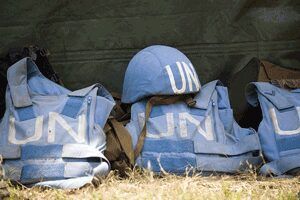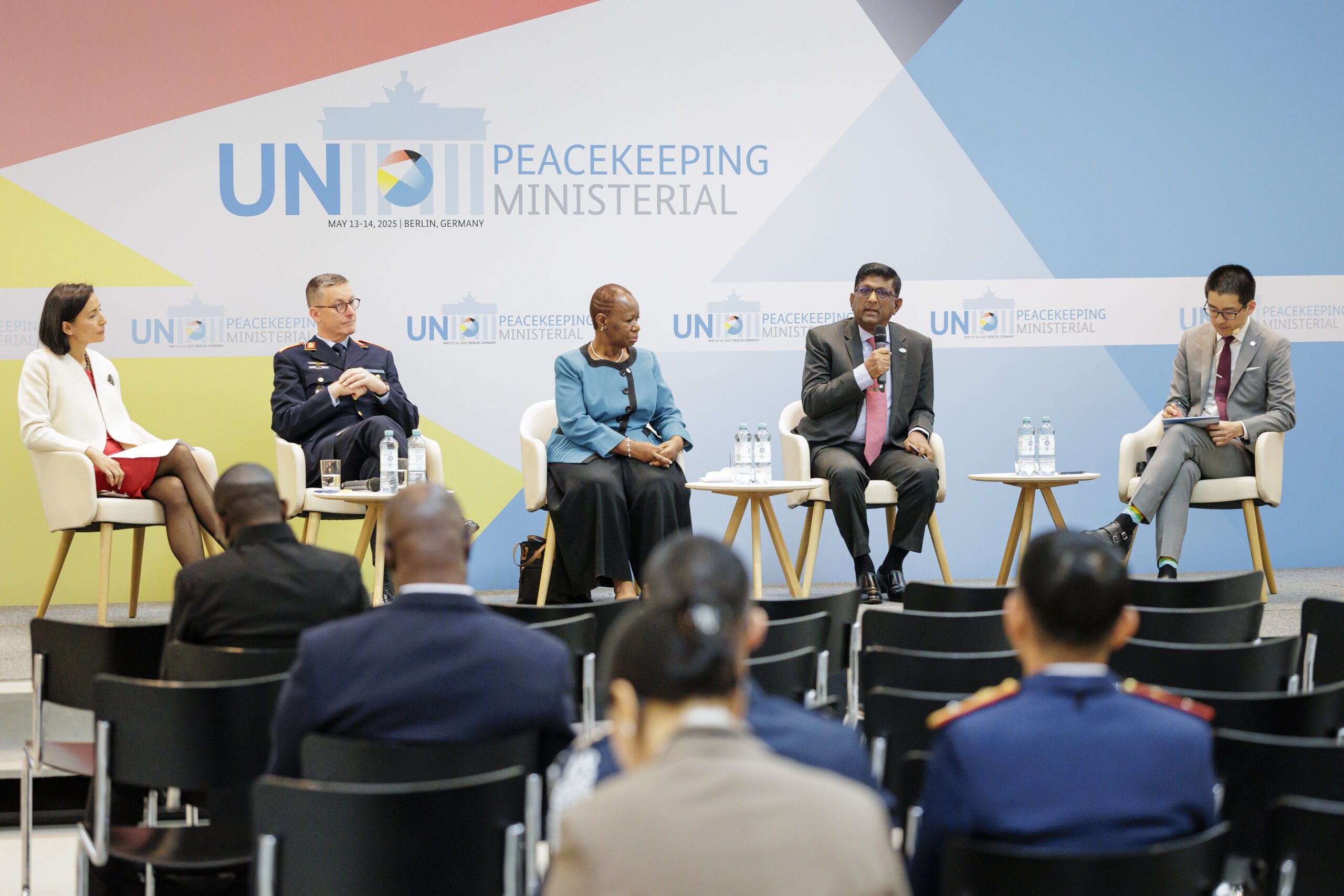

Array
(
[thumbnail] => https://s42831.pcdn.co/wp-content/uploads/2022/09/commentary_whalen_sexual_violence_300x200-1-150x150.jpg.optimal.jpg
[thumbnail-width] => 150
[thumbnail-height] => 150
[medium] => https://s42831.pcdn.co/wp-content/uploads/2022/09/commentary_whalen_sexual_violence_300x200-1.jpg.optimal.jpg
[medium-width] => 300
[medium-height] => 200
[medium_large] => https://s42831.pcdn.co/wp-content/uploads/2022/09/commentary_whalen_sexual_violence_300x200-1.jpg.optimal.jpg
[medium_large-width] => 300
[medium_large-height] => 200
[large] => https://s42831.pcdn.co/wp-content/uploads/2022/09/commentary_whalen_sexual_violence_300x200-1.jpg.optimal.jpg
[large-width] => 300
[large-height] => 200
[1536x1536] => https://s42831.pcdn.co/wp-content/uploads/2022/09/commentary_whalen_sexual_violence_300x200-1.jpg.optimal.jpg
[1536x1536-width] => 300
[1536x1536-height] => 200
[2048x2048] => https://s42831.pcdn.co/wp-content/uploads/2022/09/commentary_whalen_sexual_violence_300x200-1.jpg.optimal.jpg
[2048x2048-width] => 300
[2048x2048-height] => 200
[gform-image-choice-sm] => https://s42831.pcdn.co/wp-content/uploads/2022/09/commentary_whalen_sexual_violence_300x200-1.jpg.optimal.jpg
[gform-image-choice-sm-width] => 300
[gform-image-choice-sm-height] => 200
[gform-image-choice-md] => https://s42831.pcdn.co/wp-content/uploads/2022/09/commentary_whalen_sexual_violence_300x200-1.jpg.optimal.jpg
[gform-image-choice-md-width] => 300
[gform-image-choice-md-height] => 200
[gform-image-choice-lg] => https://s42831.pcdn.co/wp-content/uploads/2022/09/commentary_whalen_sexual_violence_300x200-1.jpg.optimal.jpg
[gform-image-choice-lg-width] => 300
[gform-image-choice-lg-height] => 200
)
Global Peace Operations Review
Here’s how to End UN Peacekeeping’s History of Sexual Violence
After years of moral outrage and stern official rhetoric, the odious scandal of sexual abuse by UN peacekeepers of the vulnerable people they are sent to protect may finally attract tangible penalties for the organisation.
US senators this month threatened to withdraw funding from the UN over its leaders’ failure to prevent sexual violence by peacekeepers and to hold perpetrators to account when it occurs. Given that the US funds 28% of the US$8.3 billion annual peacekeeping budget, it’s a threat with teeth.
This latest legitimacy crisis for UN peacekeeping has been brewing a long time. Since the first widely publicised abuses by peacekeepers in Cambodia in 1992, allegations of sexual abuse and exploitation have followed the UN’s deployments to crises around the world: Bosnia, Timor-Leste, Kosovo, Burundi, Liberia, Sierra Leone, Haiti, the DRC, Côte d’Ivoire, Sudan and Mali.
But it is stories of widespread sexual violence against women and children in the Central African Republic (CAR) that have captured global media attention and which may finally prompt meaningful reform.
Reports of children being sexually assaulted and raped in CAR emerged in May 2014. UN investigators recorded numerous reports from young boys, aged 8–13 years, of their abuse by French troops serving under the (UN-authorised but French-commanded) Operation Sangaris. Gross mishandling by UN and French officials saw nearly a year pass before the reports surfaced publicly, thanks to the scrutiny of the NGO AIDS-Free World; only then did French officials begin criminal investigations. A month later, UN Secretary-General Ban Ki-Moon appointed a panel to investigate the UN’s response. Their damning report concluded that the UN’s mishandling amounted to ‘gross institutional failure’ and ‘an abdication of responsibility’ on the part of senior officials. In the meantime, Mr Ban sacked the head of the UN’s peacekeeping mission in the CAR.
But as the UN focused inward on the inadequacies of its own bureaucratic procedures, new reports of abuse continued to emerge. In February 2016, 120 peacekeepers from the Republic of Congo and the Democratic Republic of Congo were sent home over new accusations of sexual abuse brought to light by Human Rights Watch. Other allegations involved troops from Georgia, France, Burundi, Morocco and Tanzania.
And then in late March 2016 came the revelation that the UN had investigated 108 further cases of abuse by French and Gabonese forces. The vast majority of victims were children and the allegations included grotesque violence and bestiality by a French commander. Just a few weeks later, AIDS-Free World uncovered another 41 cases of sexual violence.
Why have peacekeeping missions so frequently been guilty of abusing those they were sent to protect? And given that only a tiny fraction of peacekeepers are responsible for the abuses, why has the UN proved so incapable of holding them to account?
Some blame the UN’s reliance on unprofessional, inadequately trained troops from countries with poor human rights records. To be sure, the demand for peacekeepers is at an all-time high and they are deployed overwhelmingly from developing countries. But that can’t explain the involvement of French troops in the CAR scandal — including in its most depraved incidents — nor the fact that most peacekeepers do not sexually abuse or exploit local people.
At the same time, while the vast majority of peacekeepers serve honourably and professionally, this is not simply a case of a few bad apples: the peacekeeping system is woefully deficient when it comes to the local accountability of peacekeepers.
The primary obstacle is the legal basis on which peacekeepers are deployed, according them immunity from prosecution by the host state. Intended to allow peacekeepers to operate without host state interference, in practice immunity has enabled impunity. The rules of UN deployments protect peacekeepers, not their victims. Countries contributing peacekeepers remain fully, and solely, responsible for investigating, prosecuting and punishing their own personnel. If their home countries turn a blind eye to abuse allegations, there is little the UN — or survivors of abuse — can do about it. Recent recommendations for ‘naming-and-shaming’ recalcitrant UN member states and withholding payment for their troop contributions reflect welcome progress, but these are weak mechanisms for preventing or remedying these crimes.
A range of other factors is at play. Field missions answer to UN headquarters in New York, not to communities on the ground. Sexual abuse and exploitation has been treated as misconduct, requiring disciplinary action, rather than as criminal acts requiring a legal response. A lack of transparency, systematic monitoring and public reporting means that local populations rarely have a voice, and it has required ad hoc efforts by civil society organisations to bring abuses to light. Finally, peacekeeping is fundamentally a foreign activity, involving the deployment of international troops within societies they usually know little about. In her book Peaceland, ethnographer and former UN peacebuilder Séverine Autesserre finds that derogatory views of local populations are alarmingly common, recounting ‘blatantly racist and shockingly offensive’ attitudes and behaviours described variously as degrading, belittling, humiliating, dehumanising and denigrating of local people.
Together, these features of peacekeeping create a permissive, even enabling environment for sexual violence and exploitation. A slew of organisational reforms over the past decade has not, it seems, made the UN any more effective in curtailing these abuses.
So what should be done?
Withholding funding from the UN, as US senators have threatened, is a powerful form of leverage. The 1964-65 session of the UN General Assembly, for example, essentially ground to a halt after several countries — including the USSR and France — refused to pay their share of the peacekeeping budget in protest over what they saw as the illegitimate authorisation of peacekeeping operations.
Today, the top five financial contributors to UN peacekeeping provide 60% of the entire budget: US (28%), Japan (11%), and France, Germany and the UK (each around 7%). These big contributors can wield substantial influence. While reforming the system of legal immunities is impractical, their leverage could exact reforms from UN peacekeeping bureaucracy to improve the process for dealing with abuse allegations. More importantly, their concerted attention could help to move attention from the politics of New York to the survivors of abuse in host countries, in the form of assistance and compensation.
They could also lend their political and financial weight to two more ambitious accountability reforms.
First, UN peacekeeping needs an ombudsperson, with budgetary and reporting independence from peacekeeping operations in the field and from peacekeeping bureaucracy in New York. The experiment with an ombudsperson in Kosovo provides both a precedent and a demonstration of the limits of an accountability mechanism that depends for its authority and funding on the very actors it is trying to hold to account.
Second, the extent of sexual violence in the CAR — and the UN’s mishandling of it — only came to light through the determined but ad hoc reporting of international NGOs, including AIDS-Free World, Amnesty International and Human Rights Watch. Friends of UN peacekeeping, like Australia, should promote and fund systematic civil society monitoring of peacekeeping, ideally through a mix of host country and international NGOs, to monitor operations and give voice to those made most vulnerable by violent conflict.
This commentary was first published on The Interpreter on 29 April 2016.
Jeni Whalan is a Senior Research Fellow of the University of Queensland’s School of Political Science and International Studies and the Asia Pacific Centre for the Responsibility to Protect. Twitter: @JeniWhalan
More Resources
-

-

Reflections on the 2025 Peacekeeping Ministerial
Eugene Chen
Stay Connected
Subscribe to our newsletter and receive regular updates on our latest events, analysis, and resources.
"*" indicates required fields


